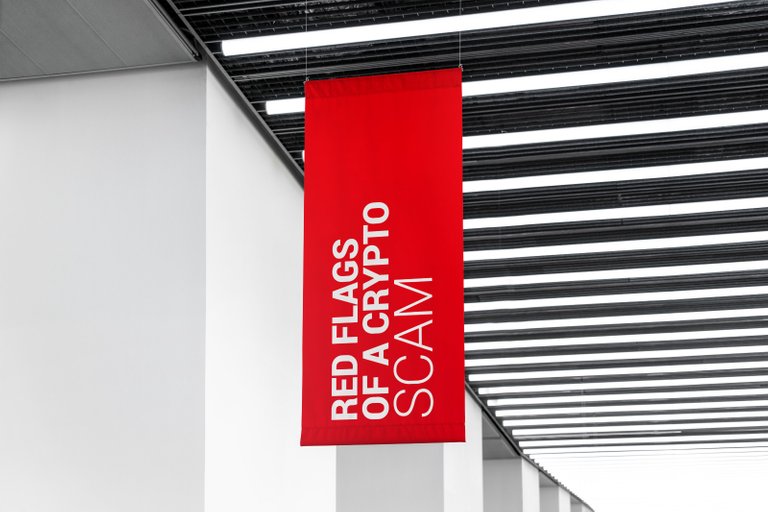According to Coinschedule.com, in 2017 ICOs have raised more than $3 billion.
Digital currencies are decentralized and encrypted making it harder to track individuals behind them. In fact, anyone with a digital wallet can initiate an ICO. In a recent interview with The Financial Times Jordan Belfort, the infamous broker formerly known as the “Wolf of Wall Street,” warned investors and called Initial Coin Offerings the “biggest scam ever.”
However, start-up companies argue that every transaction of a blockchain-based token is permanently recorded on a public ledger. Although the parties associated with each exchange are hidden behind pseudonymous IDs, it is in fact possible for investigators to track them down. But still users are expected to be tech-savvy enough not to fall for traps.
So what exactly you should be looking for as an alert?
The Project
First of all, the project: is it disruptive? Does it really require blockchain? Not everything really needs to be decentralized. Even projects that require cryptocurrencies as payment like Steemit could very well survive with existing cryptocurrencies like Bitcoin or Ether. Ask yourself a question: “Do we need a native token for this project?” If the answer is no, chances are the ICO project is an example of crypto for crypto’s sake or just a scam.
The Team
Look at the team members and their background and skills. Do they have any verified professional social media accounts and experience related to the platform they are building? Check out the project advisors too. Have a look at their background on LinkedIn or other social networks. One of Cointelegraph’s contributors was involved in a scam MCX Coin token sale who was exploiting her name by saying that she was their community manager.
No Github page
If you see an an empty repositories for open-source at Github, this is also a red flag. GitHub is free to examine and decide if the project is worth investing, especially for those who have blockchain programming experience. For nontechnical investors, simply checking if a project has any existing files uploaded to public repositories or if it already has a functioning product should help. Sub-threads on Reddit about specific ICOs or crypto assets are also a good reference for the further technical assessment.
Vague whitepaper
Whitepaper of the one of the core aspects of the investigation too. Is it fully explained and clear? The lack of well-designed websites and detailed information might be because the project is still in its infancy, but it also makes it hard to determine whether it is underdeveloped or a scam. In China-based ICOs, the information in White papers is translated into English later on in the project. The best advice here is to avoid those that you do not fully understand.
Vague roadmap and token functionality
Then comes token utility issue: is it a utility token or a security? What are token’s functions and token economy within the platform? This is actually one of the first questions any potential advisor would ask.
Product and the roadmap: is there a product available before the ICO start? If there is no clear roadmap, this is also an alert showing that the developing team has no long-term plan for the project, or is motivated solely by short-term financial gain.
No social media coverage
ICO projects all have dedicated Slack or Telegram channels that the public can join. Through updates, potential investors can get a sense of how the project is developing. However, while the lack of a timeline is certainly a red flag, the existence of one is not a sufficient condition to indicate the legitimacy of an ICO.
To sum it up, we strongly recommend conducting a proper due diligence before investing in any of the ICOs, especially if you’re not a blockchain connoisseur, or at least consulting with a more tech-savvy advisor.

Nice post! I will follow you from now on. I give you a vote!